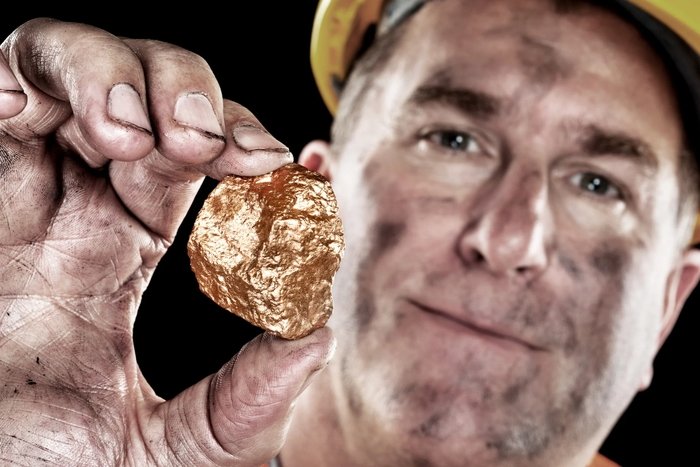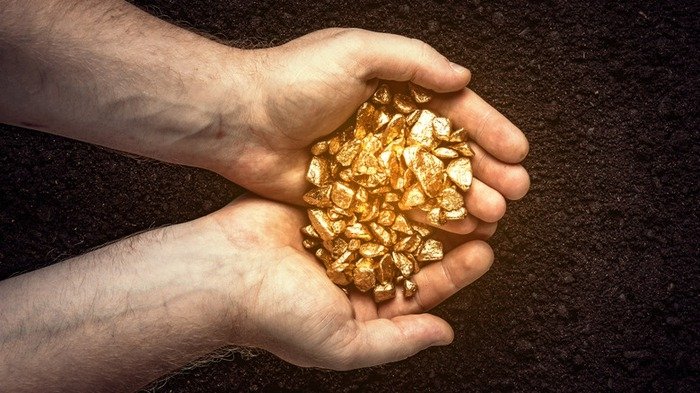Currently, there are many views that the ocean is full of gold, the problem is how to exploit it.
For more than a century, scientists have worked hard to find ways to get gold from the ocean.
The US National Oceanic and Atmospheric Administration (NOAA) said: `Each liter of average seawater contains about 13 billionths of a gram of gold.`
However, the attraction of gold still makes many people find ways to exploit it.
Ocean gold mining took place in the 1890s. However, it was all a hoax.
Jernegan, along with childhood friend Charles Fisher, founded the Electrolytic Marine Salts Company.
These men declared that `there was enough gold in the waters of Long Island Sound to repay the debt, and to leave a larger reserve of gold in the Treasury which the Government did not yet possess.`
The company opened a gold mining plant in remote Lubec, Maine (USA) to avoid inspection.
However, in July 1898, everything fell apart, and both Jernegan and Fisher disappeared.
When the scam was exposed, hundreds of people who came to Lubec to work were immediately unemployed, the factory closed and the investors ran out of money.
This classic scam has made many people `disillusioned` with finding gold in sea water.
It takes 100 million tons of seawater to create 1 gram of gold
In 1900, London inventor Henry Clay Bull filed a patent for a `Method of Extracting Gold from Sea Water`.
In the 1920s, German chemical weapons developer and Nobel Prize winner Fritz Haber sought to develop a process for extracting gold from the sea.
Not long after, they realized that they had made a mistake in their initial calculations that had overestimated potential gold production.
An article appeared in the Times in 1941, stating that Columbia professor Colin Fink had developed a method of extracting gold from seawater.
As chemical analysis improved throughout the 20th century, the microscopic amounts of gold in seawater were determined more accurately.
The most famous study claiming to get gold from the sea is by biomedical engineer and inventor Mark Sullivan.
The investors in the program were not interested in his `utopian` project, but the concept of sea gold mining has come closer to modern audiences.

Sullivan said that his intention in implementing this project was not to mine gold in the ocean but to create clean energy.
With our modern understanding of the obstacles surrounding getting gold from seawater, there are still a large number of scammers trying to trick people into thinking it’s real.
The century-long quest for ocean gold is still an `attractive piece of cake` for many people.
Source: Atlas Oscura
